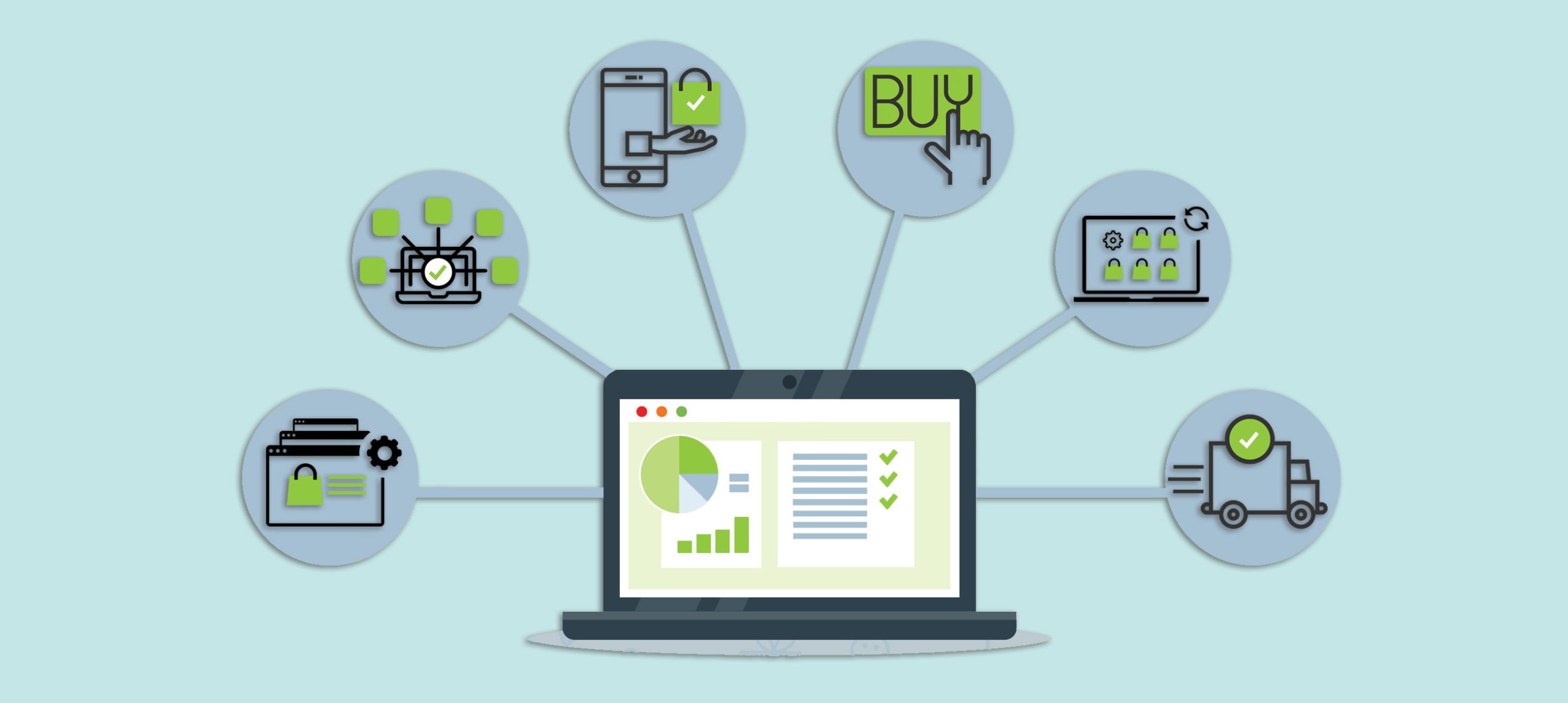
When to Call a Professional Debt Collector for Legal Action
Dealing with unpaid debts can be one of the most challenging aspects of managing a business or personal finances. Although it’s always better to resolve problems amicably, occasionally legal action becomes required. One of the choices for handling ongoing non-payment is hiring a professional debt collector. Before deciding, though, it’s crucial to know when and why you should consult a professional debt collection firm as well as the possible fallout from legal action.
When Should You Call a Professional Debt Collector?
The Debtor is Unresponsive
It could be time to call in a professional if a debtor ceases responding to your attempts to collect the debt—by phone calls, emails, or letters. If you have tried multiple times to get in touch and have not heard back, a debt collector has the knowledge and power to take over correspondence and, if needed, apply more forceful techniques, including legal action.
The Debt is Overdue by Several Months
It could be time to call a professional if a debt has been past due for several months or more and all polite collection techniques have been tried. Debt collectors may have access to more aggressive techniques to recover money, like suing, garnishing wages, or seizing assets; they are skilled in negotiating the legal terrain.

The Debtor is Not Paying According to Agreement
It’s time to move more formally if a debtor is not following the agreed-upon repayment plan or consistently renegotiates without following through. To guarantee you are paid, debt collectors can intervene to negotiate more severe terms for repayment or start legal action to obtain the debt.
The Debtor Has the Ability to Pay but Refuses
It could be time to call in a professional debt collector when you are sure the debtor has the financial ability to pay back the debt, but she still refuses to pay. Debtors occasionally purposefully refuse to pay for lack of incentive or fear of legal consequences. Debt collectors can use additional force and follow legal actions meant to promote repayment.
The Role of a Professional Debt Collector
Recovering past-due debt can be much aided by a skilled debt collector. These professionals are adept in negotiating the convoluted financial and legal facets of debt collecting. They will follow all legal criteria to prevent lawsuits or claims of harassment, therefore guaranteeing that the collecting process is both efficient and conformable with rules. First, debt collectors might try discussions; if that doesn’t succeed, they could next move forward with legal action, perhaps involving:
- Filing a lawsuit in court
- Obtaining a court judgment against the debtor
- Garnishing the debtor’s wages or bank accounts
- Seizing assets to satisfy the debt
Knowing when to hire a professional debt collector for legal action calls for careful evaluation of the matter. It could be time to consult experts if efforts at amicable resolution of the issue have failed and the debt is either considerable, past-due, or being disregarded. Although the possible expenses and repercussions should be taken into account, a debt collector has the knowledge to negotiate difficult legal procedures and raise your prospects of recuperation of debt. Act fast since the longer you delay, the more difficult it could get to pay off the loan.



